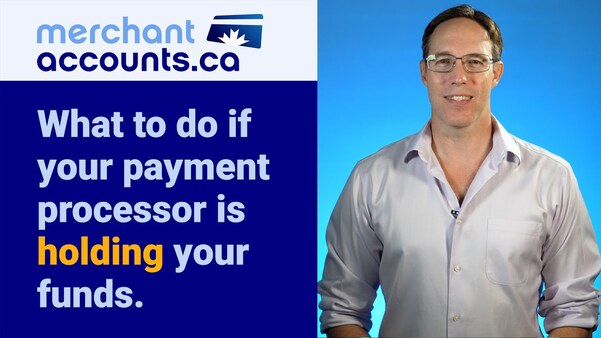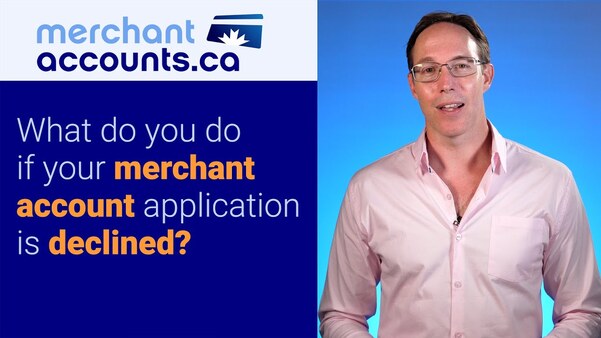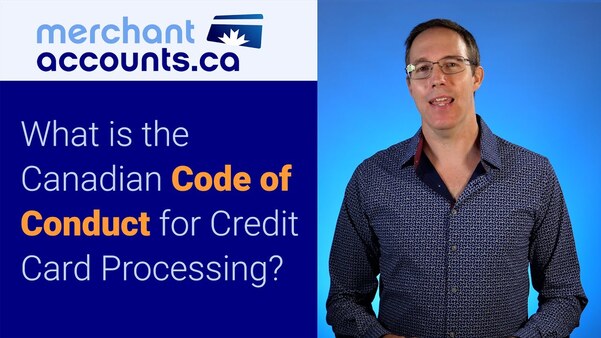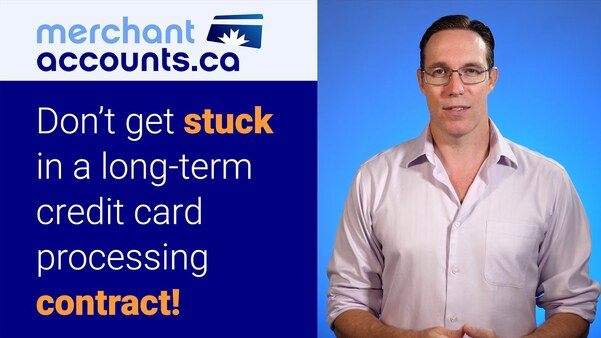What is a monthly minimum MDR fee?
July 18, 2011
by David Goodale

Every time you process a credit card transaction a small percentage of that transaction is retained by your credit card processor as their service fee for processing the transaction. This is called the discount rate. The discount rate fee is how a credit card processor generates income in exchange for the processing service that they provide. With the understanding that a credit card processor generates a tiny bit of income each time they process a transaction, you will now understand that if a merchant does not process any transactions, then the processor will not generate any revenue from that merchant. This is why the monthly minimum exists - to cover costs on inactive or dormant accounts. It is only charged when merchants are inactive and do not process transactions. With this description in mind, we can now better explain what a monthly minimum is through an example:
Example: A merchant has a monthly minimum fee of $10. In plain English, this means that the processor expects this merchant to pay at least $10 in discount rate charges during the month. For the purpose of this example we will pretend the merchant has a discount rate of 2%.
Scenario 1
- During the entire month the merchant does not process any transactions at all.
If this were to happen the merchant would be billed a monthly minimum fee of $10 because they did not process any transactions at all during the month.
Scenario 2
- The merchant processes a single $100 sale during the month.
In this example the merchant processes $100 in total sales during the month:
$100 (monthly sales) x 2% (discount rate) = $2 total discount rate fees paid during the month.
The merchant has paid a total of $2 worth of discount rate fees during the month. The monthly minimum was $10, which they didn't satisfy. We then subtract the discount rate fees that they did pay from the monthly minimum:
$10 (monthly minimum) - $2 (discount rate fees paid during the month) = $8 unpaid minimum.
So in this example the monthly minimum fee would have been $8. Remember all of the discount rate fees that are paid during the month count fully towards the monthly minimum.
Scenario 3
- The merchant processes $1,000 in sales during the month.
In this example the merchant would have paid $20 in discount rate charges. (2% of $1,000 = $20). Because they have already paid $20 in discount rate charges during the month they have surpassed their monthly minimum, so absolutely no monthly minimum fee is charged.
Something to be aware of when it comes to monthly minimums...
Monthly minimums were originally established so that processors could cover costs on dormant accounts. There is nothing wrong with this practice. What is wrong is when a processor advertises a misleadingly low monthly fee. When researching your processor remember to ask what the monthly minimum fee will be for your account. You need to know because the monthly minimum can be abused to advertise a misleadingly low monthly fee.
For example, a processor could advertise a free account with no monthly fee, but then charge a monthly minimum of $100. A small business that only did a few hundred dollars in sales per month would likely never achieve the monthly minimum. At Merchant Accounts.ca we never have and never will have misleading pricing like this. Now that you are armed with this knowledge you will know the right questions to ask. You will be able to spot a potential problem when researching a processor for your business.
In Summary: As you can see, a monthly minimum is not a fee that you should ever actually be paying. If you receive a quote from a potential processor remember that the monthly minimum should only be setup to cover costs if your account is dormant. It's not something you should be paying on a regular basis. If you operate a successful business that is active and trading then you should never actually pay a monthly minimum.
Related Topics
March 15, 2022
It's common for merchants to have security reserves, rolling reserves, or holdbacks from the credit card processor. In this discussion we explore how to reduce or eliminate them.
December 23, 2014
One of the worst situations to find yourself in is being stuck in an unfair credit card processing agreement. They can be costly and difficult to get out of. In this article we'll explore ways to get out of the agreement at painlessly as is possible.
June 24, 2020
Why do payment processors have holdbacks or reserves on your merchant account? In this discussion we explain the concept of future delivery chargeback risk, and explore how to reduce the collateral held on your merchant account.
December 08, 2016
Establishing credit card processing for an airline can be very difficult, especially for young airlines, but also even for well established carriers.
June 12, 2023
David explains what to do if your payment processor suddenly starts holding onto your funds, or implements a larger holdback or reserve.
August 27, 2023
What should you do if your merchant account application is declined? David explains why payment processors decline some merchants, and how to turn it around and get an approval.
November 23, 2023
Canadian merchants are protected by the Code of Conduct for the credit card processing industry. It's a set of rules that credit card processors must follow with the intent of protecting business owners from unfair pricing and contract practices. For example, it protects merchants from unfair price increases. In this video David explains the most important things that business owners should know about the code of conduct.
February 13, 2024
If you sell expensive products or services you'll find that many payment processors want to hold back some of your funds in a reserve, or may even decline your merchant account application altogether. In this video David explains why this happens, and what you can do about it.
July 10, 2024
How long of a contract should you be willing to sign when setting up credit card processing for your business? In almost all cases the answer should be monthly. Long term contracts should be avoided. David explains how to get a monthly agreement, and a few exceptions to the rule when long-term contracts can be beneficial.
February 26, 2025
Merchants can get declined for a number of reasons like bad credit, a high risk product or service, or the risk of chargebacks to the credit card processor is too high. However, you should always be able to get a clear explanation of why you were declined. A good strategy is to always find out why you were declined, and specifically: what you should work on improving in the future. If your credit card processor canít tell you why you were declined this is a sign of a bad credit card processor.
May 07, 2025
Some businesses are harder than others when it comes to establishing a credit card processing solution. Surprisingly, construction and contracting businesses can sometimes have a problem with banks and processors holding onto their cash. In this video David explains why construction companies can sometimes run into a problem when opening a merchant account with a payment processor, and what you can do about it.
Learn How To Lower Your Credit Card Processing Fees
If you haven't reviewed your processing costs in a while take a moment to view our rates.
View Rates













